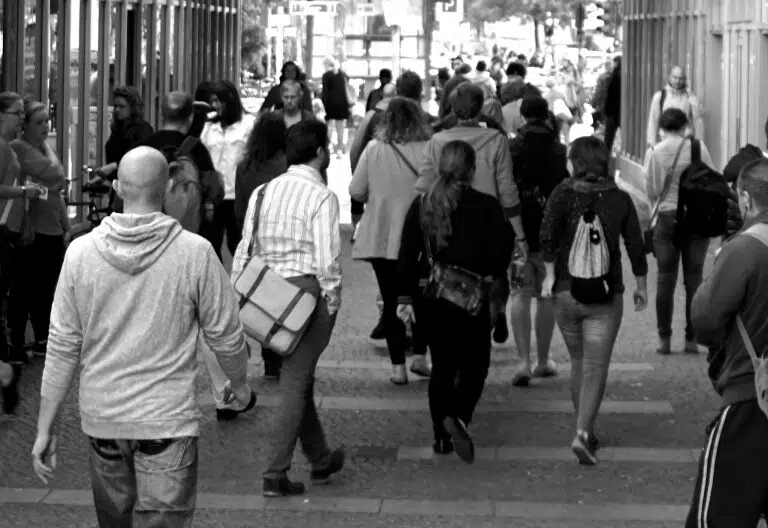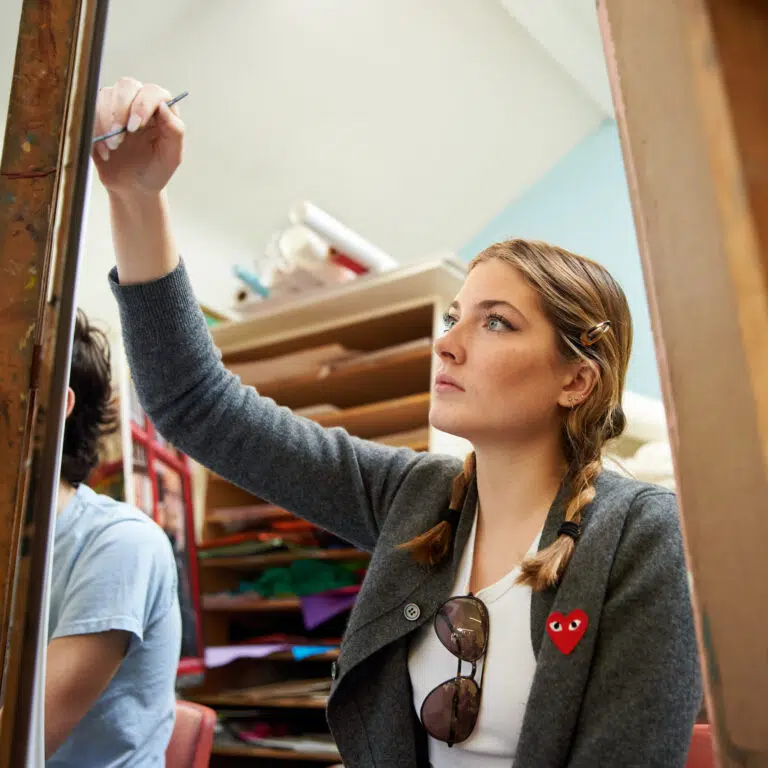Sociology is the study of society, social interaction and culture influencing interpersonal relationships. It is therefore relevant to every aspect of human life and today there are sociologists working in areas as varied as social policy, education, welfare, and crime. Rooted in philosophy and epistemology, the history of sociology encompasses many discoveries and theories that have helped shape our understanding of society. The effects of some of these discoveries have an impact on our everyday lives, in surprising and diverse ways.
What will I learn?
Sociology A level is studied by exploring theory and practical research, together with group discussions. This provides an insight into key areas of sociology as used in the discipline – including data handling and analysis – which can be studied further at university. Students are expected to gain an understanding of some of the most influential sociological thinkers of our time, such as Karl Marx’s concept of capitalism and Durkheim’s development of positivism, alongside conducting their own research. The course allows students an opportunity to investigate the predominant contemporary approaches in sociology. Students will explore the institution of education, the criminal justice system, the emergence of cults and belief systems, paradigm shifts, research methods and family households.
Assessment
Assessment is by a total of six hours of examinations in three examination papers at the end of the two-year course. A variation of question types including short answer and extended response questions.
EDUCATION WITH THEORY AND METHODS
|
2 hours, 33.3% of total A level |
TOPICS IN SOCIOLOGY
|
2 hours, 33.3% of total A level |
CRIME AND DEVIANCE WITH THEORY AND METHODS
|
2 hours, 33.3% of total A level |
It is necessary and helpful for students to have GCSE English Language to study this course. A relevant GCSE obtained in the field of Humanities or Social Science is advantageous (Sociology, History, Geography or RE).
Examination Board: AQA



